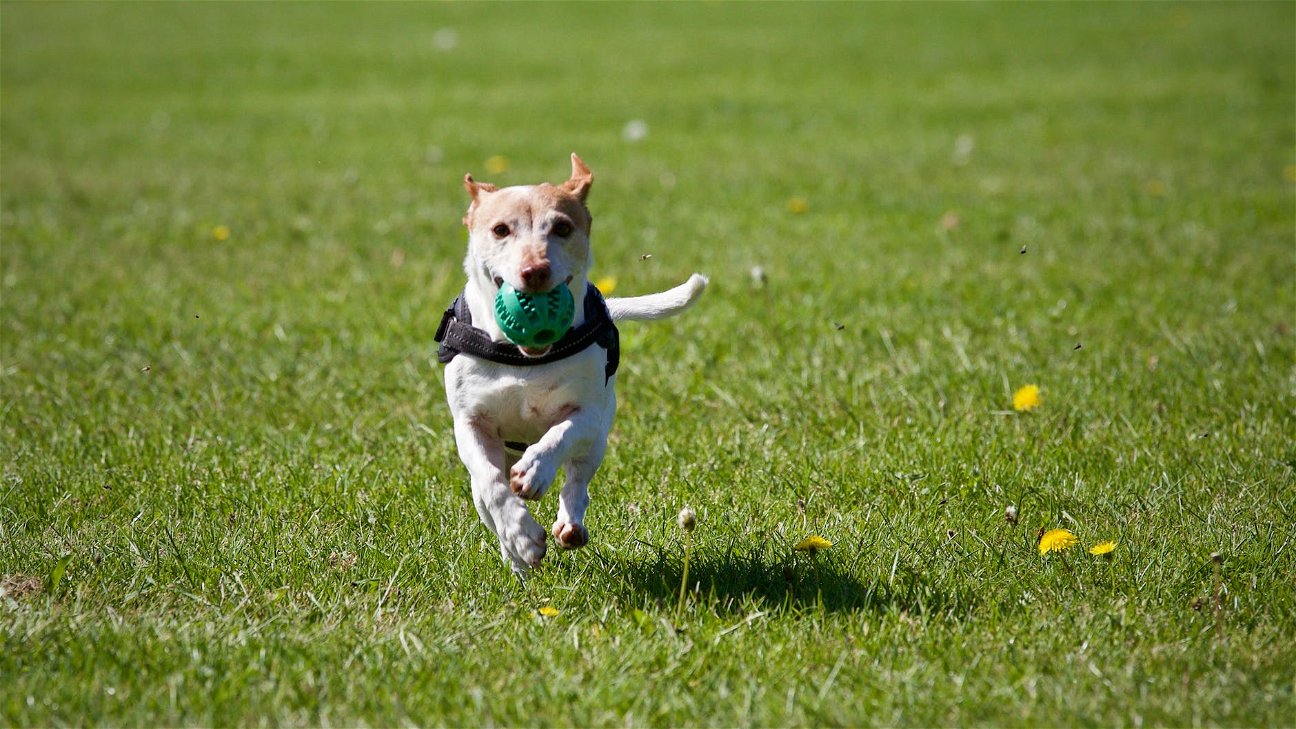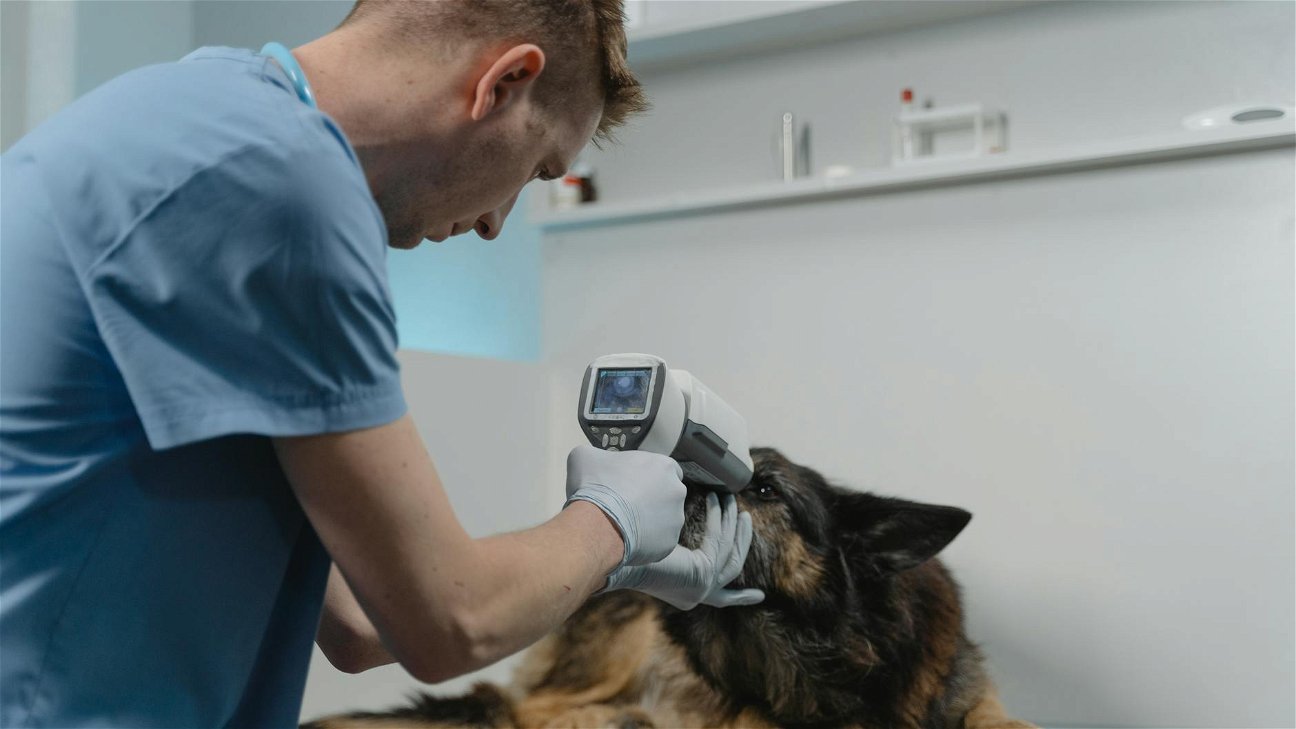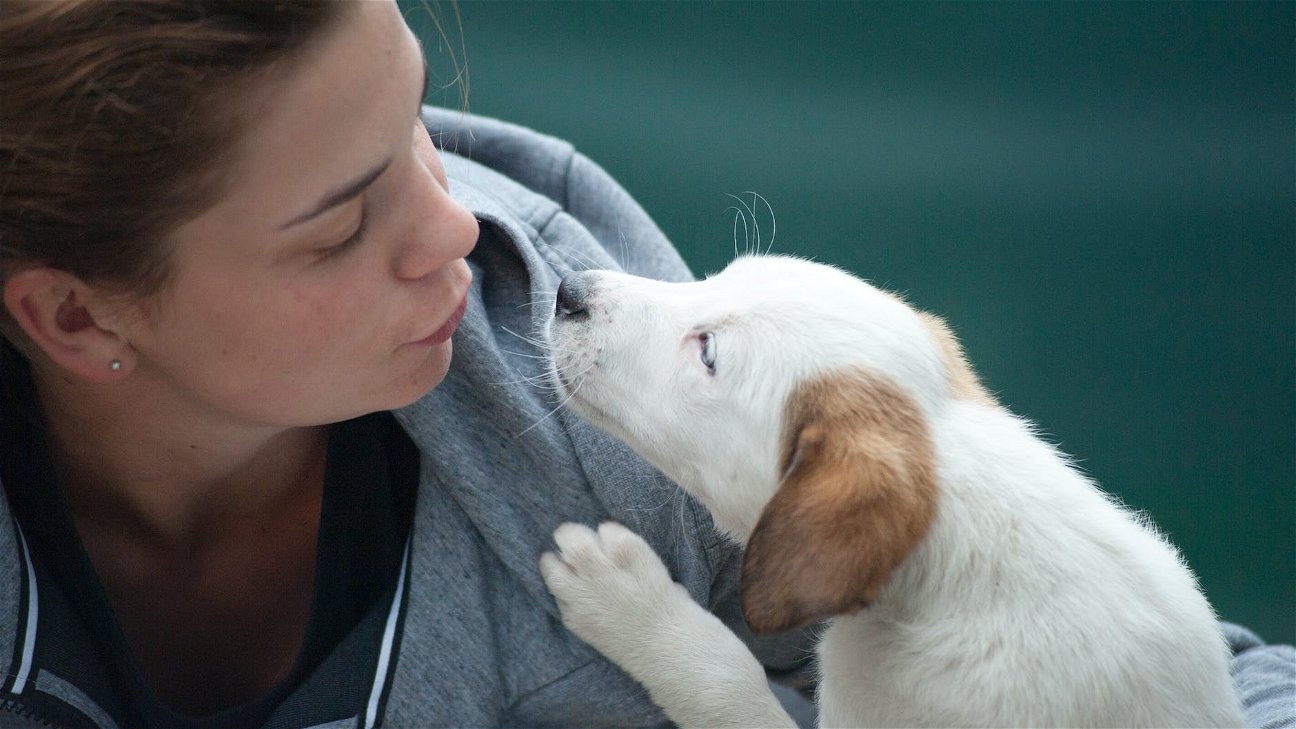
As our furry friends grow older, they require different care than they did when they were sprightly young pups or kittens. Not only do their physical needs change, but their emotional and mental needs evolve as well. Understanding aging in pets and knowing how to provide the best care for senior pets becomes crucial to ensure they live out their golden years in comfort.
Health Tips for Senior Pets
Senior pets, like humans, experience changes in their bodies and behavior as they age. They tend to be less active and energetic, their senses may become less sharp, and they may face a host of health issues such as arthritis, diabetes, dental problems, and more. Regular check-ups for senior pets is paramount to detecting any potential health issues early.
Here are some tips to maintain senior pet health:
-
Regular Vet Visits: Routine vet visits are especially important for senior pets. Your vet can examine your pet for early signs of diseases and recommend treatments or changes in lifestyle to help manage them.
-
Dental Care: Dental health is crucial for senior pets. Regular teeth brushing and professional cleanings can help prevent oral diseases and other health problems.
-
Weight Management: Overweight pets are more prone to diseases such as arthritis, diabetes, and heart disease. Regular exercise and a balanced diet can help maintain a healthy weight.
Diet for Senior Pets
As pets age, their nutritional needs change. They may need fewer calories, more fiber, and different amounts of certain vitamins and minerals. Consulting your vet about your pet's diet will ensure they receive the nutrients they need while preventing obesity.
Exercises for Elder Pets
While your senior pet may not chase a ball as vigorously as they once did, exercise remains an essential part of their care routine. Gentle walks, swimming, and interactive toys can provide both physical activity and mental stimulation.
Emotional Care for Elder Pets
Just like humans, pets can experience emotional changes as they age. They may become more anxious, confused, or depressed. Providing a calm, supportive environment and plenty of quality time can help alleviate these symptoms.
Grooming Tips for Elderly Pets
Elderly pets may struggle with grooming themselves as they once did. Regular brushing can help prevent matted fur and skin issues, and regular baths can keep them feeling fresh and comfortable.
Making Home Safe for Senior Pets
As your pet ages, they may deal with mobility issues or vision loss. Making small changes to your home can make it safer for them. This could include adding ramps or stairs to help them access their favorite spots, using non-slip rugs, or keeping their area well-lit.
Caring for senior pets can bring its own challenges, but with understanding, patience, and a lot of love, you can ensure your pet spends their golden years in comfort and happiness.











